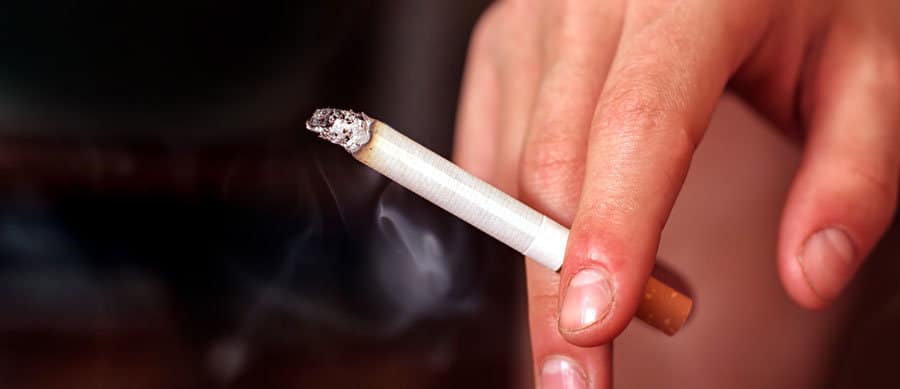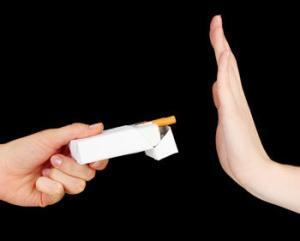Nicotine

How to Overcome a Nicotine Addiction

Table of contents
- What Is Nicotine?
- What Are Slang Terms for Tobacco Products that Contain Nicotine?
- What Is Nicotine Abuse?
- What Are the Side Effects of Nicotine Abuse?
- How Long Does It Take For Nicotine to Clear Your System?
- What Are Common Nicotine Addiction Signs?
- What Are Nicotine Withdrawal Symptoms?
- Nicotine Withdrawal Timeline
- What Does Nicotine Withdrawal Feel Like?
- How Long Does It Take to Detox From Nicotine?
- What Is The Fastest Way to Detox From Nicotine?
- Nicotine Addiction Treatment Options
- Which Medicine Is Best for Quitting Smoking?
What Is Nicotine?
Nicotine is a highly addictive substance that is naturally found in several types of plants, including the tobacco plant. It is also produced synthetically. Nicotine is found in tobacco products such as cigarettes, chewing tobacco, and pipe tobacco, and according to the American Heart Association, it as addictive as heroin.
Other forms of nicotine products include:
- E-cigarettes
- Snuff
- Snus
- Cigars
- Cigarillos
- Hookah
Nicotine acts as both a sedative and a stimulant, producing temporarily pleasant physical and mood-altering effects in the brain. Nicotine increases heart rate and alertness, produces euphoria, and makes users feel more relaxed. These effects can make the user want to continue using tobacco products but continued use can lead to addiction over time.
Nicotine products are very common in the United States and can be found in many convenience stores, grocery stores, and other retail locations around the country.
What Are Slang Terms for Tobacco Products that Contain Nicotine?
The following terms are street names or slang for nicotine products:
- Cigs
- Smokes
- Butts
- Chew
- Spit
- Snuff
- Dip
- Hubble-Bubble (hookah)
Overcoming nicotine addiction is possible.
Medical detox and rehab can provide tools and resources to get sober.
Start your recovery today by calling (512) 605-2955.
What Is Nicotine Abuse?
No amount of nicotine use is safe or healthy. Regular use of tobacco products can result in addiction over time and a person who uses these products regularly will begin to experience uncomfortable withdrawal symptoms upon discontinuing all use.
According to the Centers for Disease Control and Prevention, about 15.1 percent of adults smoked cigarettes in 2015, which is down from 20.9 percent in 2005. Although the overall percentage of adult Americans who smoke has decreased, cigarette smoking is still the leading cause of preventable disease and death in the United States. It accounts for more than 480,000 deaths each year and more than 41,000 of those deaths are caused by secondhand smoke.
What Are the Side Effects of Nicotine Abuse?
Tobacco smoke contains more than 60 known cancer-causing chemicals and other tobacco products also contain harmful chemicals that severely damage the human body and its ability to function properly. Smokeless tobacco products are also associated with many health problems.
Immediate short-term effects of nicotine use and abuse include:
- Increased heart rate
- Increased blood pressure
- Increased alertness
- Euphoria
- Feelings of relaxation
- Congestion
- Ear infections
- Persistent cough
- Bad breath
- Heartburn
Long-term effects of nicotine use and abuse include:
- Emphysema
- Chronic bronchitis
- Lung and mouth cancer
- Cancer
- Heart attack
- Stroke
- Diabetes
- Cataracts
- Macular degeneration
- Gum disease
- Weakened sense of taste and smell
- Premature aging and wrinkles
- Addiction

Nicotine abuse can also lead to (or contribute to) psychological problems, such as:
- Depression
- Irritability
- Anxiety
- Restlessness
A variety of social problems may also come as a result of nicotine abuse, including:
- Strained relationships
- Decreased productivity at work
- Financial insecurity
Abusing tobacco products may also make it more difficult for a woman to become pregnant and can increase the risk for miscarriage, sudden infant death syndrome (SIDS), stillbirth, early delivery, and other pregnancy complications.
Additionally, secondhand smoke contains thousands of harmful chemicals that can damage the health of other individuals who are in the presence of another person while they are smoking. Most secondhand smoking occurs in the workplace or at home and can result in seriously damaging health effects such as ear infections, asthma attacks, respiratory infections, heart disease, lung cancer, and stroke.
Nicotine addiction does not have to define you.
Call Nova Recovery Center today (512) 605-2955 to learn more about medical detox, 90-day rehab, and sober living programs for sustained sobriety.
How Long Does It Take For Nicotine to Clear Your System?
When you smoke or use tobacco, the nicotine enters your bloodstream, and a product called cotinine is created as enzymes in the liver work to break it down. Nicotine tests, such as those used by employers or insurance companies, test for both. Generally, nicotine will leave your blood within 1 to 3 days after you stop smoking or using tobacco. Cotinine, however, can take from 1 to 10 days to completely clear from your system. After 3 to 4 days of quitting tobacco, a urine test will no longer be able to detect nicotine or cotinine from previous use.
What Are Common Nicotine Addiction Signs?
Nicotine addiction can be easily spotted with recognizable signs and symptoms, but who is at risk for developing nicotine addiction in the first place?
There are several risk factors for nicotine addiction. Although someone without any of these risk factors could also become addicted to nicotine, those who identify with one or more of the following factors have a higher risk of being affected.
- Mental illness – People who suffer from mental illnesses such as depression, PTSD, anxiety, or schizophrenia are more likely to be smokers than those who do not.
- Poverty – According to the CDC, more current cigarette smokers live below the poverty level than non-smokers. About 26.1 percent of people living in poverty smoke while only 13.9 percent of those living at or above the poverty level smoke.
- Home and social environments – Individuals who grew up with parents, close family members, or friends who smoked cigarettes are more likely to smoke themselves.
- Genetics – According to the Mayo Clinic, receptors on the brain’s nerve cells may respond differently to high doses of nicotine based on certain genetic factors.
- Use of other substances – People who drink alcohol or use illicit drugs are more likely to be smokers as well.
If a person is addicted, he or she may exhibit some or all of the following nicotine addiction signs and symptoms:
- Being unable to quit, even after several unsuccessful attempts.
- Experiencing withdrawal symptoms when the smoking, chewing, or snorting of tobacco is stopped.
- Continuing to smoke or use other tobacco products regardless of ongoing health problems caused by tobacco.
- Giving up social or recreational activities in order to smoke or use other tobacco products.
- Needing larger quantities of the tobacco product to achieve the same effect.
Although some people are able to successfully quit all use of tobacco products on their own, most people will need more support. If you or a loved one is addicted to nicotine, you will most likely need the help of a counselor to overcome the physical and behavioral aspects of nicotine addiction.
What Are Nicotine Withdrawal Symptoms?
If an individual is addicted to nicotine, the first step in overcoming the addiction is the cessation of all tobacco products and withdrawal. This process breaks a person’s physical dependence on the addictive substance.
The severity of nicotine withdrawal symptoms will vary based on the level of the person’s addiction, but they may include:
- Tobacco cravings

- Anxiety
- Depression
- Drowsiness
- Irritability
- Nausea
- Restlessness
- Headaches
- Increased appetite/weight gain
- Sweating
- Intestinal cramping
- Difficulty concentrating
Nicotine Withdrawal Timeline
For those wondering how long it takes to detox from nicotine, there is no definitive answer. The duration of detox will depend on the level of dependence and addiction, as well as how frequently the client abused nicotine, what type of nicotine was abused, and any other addictions that are present. However, generally speaking, this nicotine withdrawal timeline is what you can expect to experience.
| 30 minutes to 4 hours after the last dose: | Early symptoms of nicotine withdrawal typically include cravings for tobacco which may begin as early as 30 minutes after the last dose. |
| 10 hours after the last dose: | Restlessness and insomnia are common during this time. |
| 1-3 days after the last dose: | Symptoms usually peak around this time and individuals may experience anxiety, irritability, and headaches. |
| 5-7 days after the last dose: | Most withdrawal symptoms should have subsided by this point. |
What Does Nicotine Withdrawal Feel Like?
Many people say nicotine withdrawal feels like a mild case of the flu. Nicotine withdrawal headaches are usually mild (similar to caffeine headaches) and can be treated with water, rest, and an over-the-counter headache relief medication. Other common symptoms of nicotine withdrawal, such as cravings, irritability, and insomnia can also be very uncomfortable. However, with a strong support system and the right treatment, you can quit nicotine for good.
How Long Does It Take to Detox From Nicotine?
The most severe nicotine withdrawal symptoms usually dissipate after about three days, but other symptoms like cravings and depression may linger for several weeks or months. Overall, it will take about 1 to 3 months for your brain chemistry to re-balance after you quit, so try to be patient with the process.
What Is The Fastest Way to Detox From Nicotine?
The fastest way to detox from nicotine is to drink plenty of water, get some light healthy exercise to sweat those toxins out, and rest. You may also consider speaking with your doctor about using natural detox supplements to help speed the process along. Unless you are also addicted to other drugs or alcohol, a medical detox program is likely not necessary to stop smoking.
Nicotine Addiction Treatment Options
Although some individuals may be able to stop using tobacco products on their own, the majority of nicotine-addicted people need assistance to quit. According to the Centers for Disease Control (CDC), smoking causes more than 480,000 deaths each year in the United States. All of these deaths caused by smoking and nicotine addiction can be prevented with effective treatment programs.
If you or a loved one needs nicotine addiction help, a clinical counselor, doctor, or substance abuse specialist can help you enroll in a program at a nicotine addiction treatment center
or determine the appropriate type of treatment for your situation. The type of help for nicotine addiction that is best suited to you or your loved one’s needs will vary depending on certain circumstances, such as:
- Willingness to begin treatment
- Prior treatment and relapse history
- Motivation for seeking help
- Financial capabilities
Based on your circumstances, the best nicotine treatment option(s) may include one or more of the following types of nicotine addiction programs.
Nicotine Replacement Treatments

Nicotine replacement treatments such as nicotine gum, patches, nasal sprays, and inhalers can be extremely beneficial for those who are recovering from nicotine addiction, according to the National Institute on Drug Abuse (NIDA). Although these products deliver a small amount of nicotine into the user’s system, they help reduce cravings, control usage, and can be used to wean a person off of the drug. When used in conjunction with behavioral treatments, the results can be even more effective and long-lasting.
Behavioral Treatments for Severe Nicotine Addiction
Nicotine treatment also often includes behavioral therapy and intervention, which are typically offered at a long-term drug and alcohol rehab program, and can help individuals successfully overcome their nicotine addiction. These types of nicotine treatment options are designed to help clients identify high-risk situations, find more productive ways to cope with anxiety, stress, depression, and other negative emotions, and develop a social support network with others in recovery.
Typically, a comprehensive addiction treatment plan starts with medical detox and includes inpatient or outpatient rehab, sober living, and aftercare.
- Medical Detox
If you are addicted to nicotine, smoking cessation may be difficult due to the uncomfortable symptoms of withdrawal. Medically assisted nicotine detox can provide a period of safe medical monitoring to help you reach a sober state both safely and comfortably. With a medical program, you don’t have to worry about how to detox from nicotine on your own. A comprehensive care team will create an individualized nicotine detox program based on your needs and the severity of the addiction, and then continually monitor you throughout your detox treatment. Individual and group counseling may also begin during this time, which may help you process your psychological responses to detox and prepare for ongoing nicotine treatment.
- Inpatient Residential Drug Rehab
Residential nicotine rehab addiction provides a safe, home-like environment in which clients can reside for at least 90 days of long-term addiction treatment. Throughout the 90-day rehab program at a nicotine rehab center, clients will attend individual and group counseling sessions for 12-step facilitation therapy and other evidence-based behavioral therapies that will help them learn how to live a sober life. Individualized nicotine rehab programs are led by a multidisciplinary team to provide the most thorough and comprehensive nicotine addiction treatment available. This long-term approach offers the best opportunity for lasting sobriety.
- Outpatient Drug Rehab
Individuals suffering from nicotine addiction may also choose outpatient drug rehab for treatment. These nicotine treatment programs allow for more flexibility to meet other obligations such as work or school while still attending addiction treatment. Outpatient care requires that clients meet for individual and group sessions several times a week to work through the principles of the 12-step program, attend educational lectures, and participate in behavioral therapies. These nicotine treatment sessions provide the necessary tools, life skills, and knowledge to live a substance-free life. Outpatient sessions take place in a safe, convenient location.
- Sober Living
A sober living program gives clients the ability to live in a substance-free, structured environment while still receiving recovery support from resident care advocates, program coordinators, and on-site staff members. This community transitional living atmosphere provides accountability with consistent individual and group counseling sessions, regular drug testing and resident rules and standards that must be followed. Sober living programs may take place in an apartment complex or house and provide essential support during very vulnerable times in early recovery.
- Aftercare
After a client has transitioned into a sober life at home, he or she will still need community support to maintain their sobriety. Aftercare programs are designed for people who have completed inpatient programs and are living on their own in recovery. This type of treatment requires clients to meet once a week for group sessions, in which they discuss current struggles and share encouragement and strategies with their peers for ongoing recovery.
A combination of these addiction treatment programs can provide a well-rounded, comprehensive approach to nicotine addiction recovery. The above continuum of care is designed to bridge the gap between residential or outpatient care and sober living by providing peer support, education, and long-term care.
Which Medicine Is Best for Quitting Smoking?
Some medications such as Zyban and Chantix have been approved by the FDA for use in smoking cessation. Zyban is an antidepressant and Chantix is a medication that blocks the effects of nicotine in the brain and eases withdrawal symptoms so users can more easily quit smoking and maintain their abstinence on a long-term basis.
Overcoming a nicotine addiction is a long-term process, but it is obtainable with the right aid. If you’re interested in learning more about drug rehab programs at Nova, call our admissions team today.
Nova Recovery Center offers a large range of substance abuse treatment services: detox, residential, outpatient and sober living.
Treatment Options
Treatment Locations
Call Us Now and Begin Healing at (512) 605-2955
Or text us and we will call you right back.
Not quite ready for a call? You can fill out the form below.
What Makes Us Different
- Gender-specific treatment
- Evidenced-based treatment
- 12-Step immersion
- 90-day residential treatment
- Family program
- Full continuum of care
- Insurance and private pay
100% Confidential Guarantee
Confidential Consultation
Nova Recovery Center is dedicated to helping you or your loved one get help. Please call or fill out this form for a confidential consultation.
One of our understanding, dedicated advisors will contact you about your options. Begin healing today.
Nova Recovery Center is dedicated to helping you or your loved one get help. Please call or fill out this form for a confidential consultation. One of our understanding, dedicated advisors will contact you about your options. Begin healing today.





